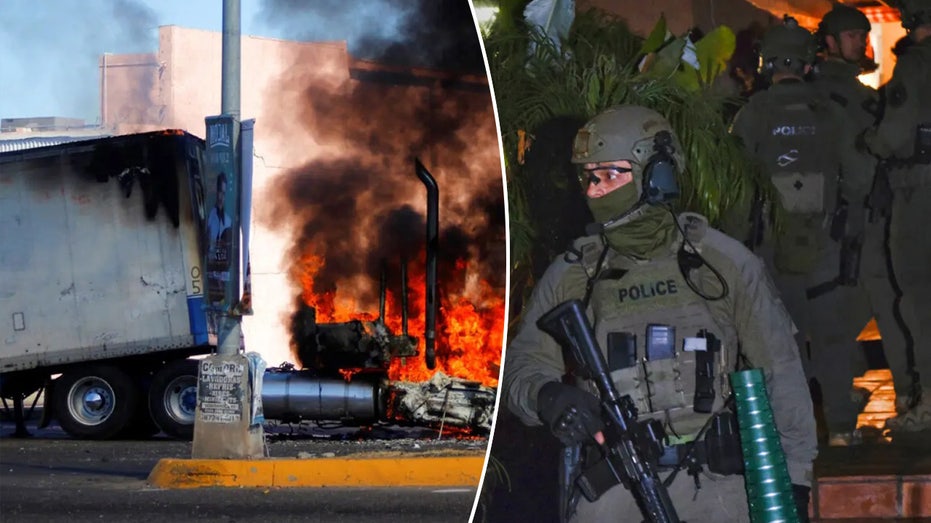FBI Veteran Reveals US Government’s New Strategy: Using Terrorism Charges to Combate Drug Cartels
Former FBI official labels DOJ's terrorism charges against Sinaloa cartel members as a major strategic shift.

In a significant escalation of the United States government’s tactics against international drug trafficking, federal authorities have for the first time brought terrorism-related charges against alleged leaders of the Sinaloa cartel and its Beltran Leyva Organization (BLO) faction. The sweeping indictment includes Pedro Inzunza Noriega and his son, Pedro Inzunza Coronel, who are accused of narco-terrorism, providing material support to terrorism, drug trafficking, and money laundering. Five additional BLO leaders face charges related to drug trafficking and financial crimes.
This move marks a dramatic departure from previous strategies targeting cartels, which rarely invoked counterterrorism statutes. According to Chris Swecker, a former FBI Assistant Director, this new approach is intended not just to prosecute those at the top, but to widen the net: “If you can go after anyone who supports these trafficking cartels in any way—if they provide even the smallest assistance—they could now face serious penalties under anti-terror laws,” Swecker noted. The charges allow prosecutors to leverage expanded tools for arrest, prosecution, and extradition, including extraterritorial reach that could affect cartel operatives and associates abroad.
Swecker emphasized the seriousness of treating cartel members as terrorists. “It increases the penalties. It ups the ante when it comes to extradition, and the seriousness of the charges,” he said. Laws previously reserved for organized crime, such as RICO and continuing criminal enterprise statutes, can now be joined by terrorism-related charges, broadening the scope of legal action available to U.S. authorities. Simply being affiliated with a major cartel may now result in decades-long sentences.
This shift follows the Trump administration’s official designation of the Sinaloa cartel as a Foreign Terrorist Organization on February 20, which paved the way for the new prosecutorial strategy. The charges were announced after Mexican and U.S. law enforcement seized more than 1.65 tons of fentanyl in raids on cartel-controlled locations within Sinaloa state—an illicit haul that prosecutors allege is part of one of the world’s largest and most sophisticated fentanyl production operations. The traffickers are accused of smuggling “tens of thousands of kilograms” of the lethal drug into the United States, fueling a public health crisis.
As the crackdown intensifies, indictments are pending against additional high-profile cartel figures, including Fausto Isidro Meza Flores, Oscar Manuel Gastelum Iribe, Ivan Archivaldo Guzman Salazar, Ismael Zambada Sicairos, and Jose Gil Caro Quintero. Despite the aggressive legal action, all named individuals remain fugitives, and their whereabouts are unknown.
U.S. Attorney Adam Gordon of the Southern District of California delivered a pointed warning during a press conference unveiling the charges. “To the leaders of the Sinaloa cartel, you are no longer the hunters. You are the hunted. You will be betrayed by your friends. You will be hounded by your enemies, and you will ultimately find yourself and your face here in a courtroom in the Southern District of California," he declared.
The unprecedented use of narco-terrorism statutes signals a decisive shift in U.S. policy—a commitment to using every legal tool at its disposal to disrupt the leadership and logistics of powerful transnational drug cartels. The outcome of these prosecutions could reshape the landscape of both domestic and international efforts to curb the flow of deadly narcotics into American communities.




